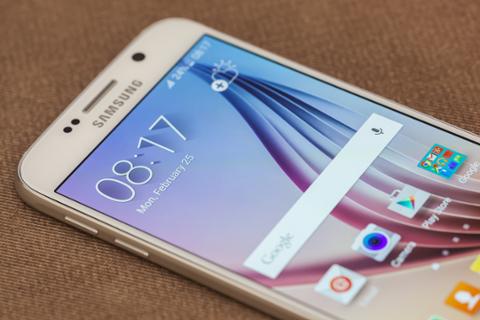Android, iOS Dominate Corporate Mobile Device Space
For developers who focus on building better apps for business, companies’ mobile platform preferences are a huge issue. To pull an example from the distant past, those developers who realized that BlackBerry’s stranglehold on enterprise IT was giving way to Apple’s iOS and Google Android had enough time to retool their products; those that stuck with BlackBerry saw their market-share implode. According to Piper Jaffray, which surveyed 110 chief information officers in 10 different industries, Apple is the platform of choice for businesses when it comes to mobile devices: Some 50 percent reported supporting iOS, versus 29 percent for Android, 19 percent for Windows, and 1 percent for BlackBerry. Moreover, 54 percent of those CIOs reported giving iOS devices to their employees, while 28 percent supplied Android-based hardware, 14 percent went with the Windows option, and 1 percent gave out BlackBerry phones. “Apple’s iPhone is the primary BYOD choice for their workforce. One of the CIOs pointed to an ongoing uptick in spending on tablets for both field and corporate employees, for which they have standardized on iPad,” the analysts wrote, according to Yahoo Finance. “While [Apple] has dealt with recent weakness, primarily for iPhone in China & other emerging markets, we are seeing positive trends for the company at the enterprise level.” Microsoft’s hold on the corporate mobile-device space is interesting, considering how its Windows Phone platform struggled mightily for adoption before imploding; Microsoft’s next mobile iteration, a smartphone-friendly version of Windows 10, likewise failed to gain market-share against iOS and Android. In light of that, Microsoft’s significant market (in Piper Jaffray’s estimation) must be due almost entirely to tablets and convertible laptops running Windows. For developers who are interested in building business apps, the takeaway from this is pretty clear: You can’t lose by targeting your work at iOS and Android users. If you’re interested in working with Microsoft’s developer tools—and targeting the massive Windows audience—there’s clearly a market there, too. But BlackBerry seems virtually dead as a platform (shocking, we know).


